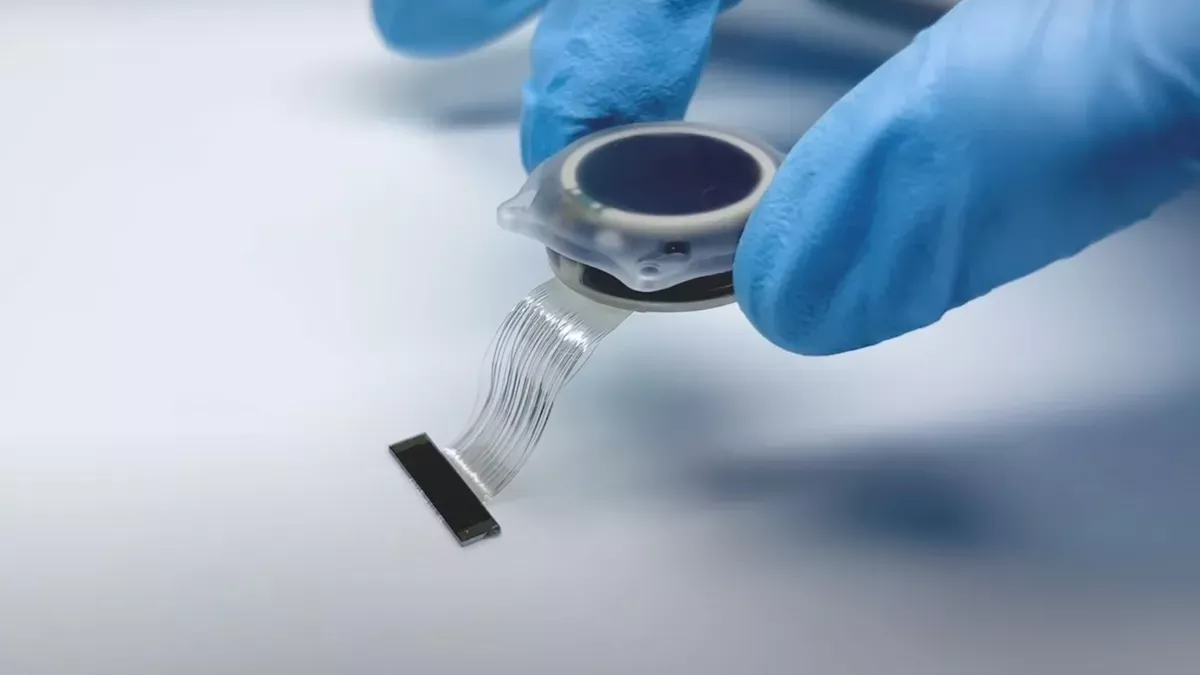OpenAI founder wants to challenge Musk's Neuralink without cutting into brain
The CEO of OpenAI, Sam Altman, has enlisted a top neurological researcher for his brain-computer interface startup, which aims to develop a less invasive alternative to Elon Musk’s Neuralink brain chip for decoding human thoughts.
Altman has tapped Mikhail Shapiro, an award-winning biomolecular engineer, to join Merge Labs — a brain-computer interface venture he plans to unveil soon alongside co-founder Alex Blania, as reported by The Verge.
Shapiro, 37, is known for pioneering work in gene therapy that makes cells visible to ultrasound — a technique consistent with earlier Bloomberg reports that Altman’s project will explore ultrasound-based methods for its first product. The Russian-born researcher serves as Director of the Center for Molecular and Cellular Medicine at the renowned California Institute of Technology.
According to the article, Shapiro recently discussed how sound waves and magnetic fields could be used to create a brain-computer interface. Rather than implant electrodes into brain tissue, he said it’s “easier to introduce genes into cells” that modify them to respond to ultrasound. He explained that he has made it “my mission to develop ways to interface with neurons in the brain and cells elsewhere in the body that would be less invasive.”

Altman has long expressed discomfort with Neuralink’s surgical methods. According to the article’s author, during a press dinner in August, Altman said he “would definitely not sow something to my brain” that would damage neurons like Neuralink’s interface does. “I would like to be able to think something and have ChatGPT respond to it,” he added.
Neuralink’s brain implant is designed to help restore control over limbs, prosthetics, and communication devices. The company describes its device as fully implantable and “cosmetically invisible,” using thin, flexible threads embedded with 1,024 electrodes to record neuronal activity. The coin-sized chip is surgically woven into the brain’s cerebral cortex. Neuralink announced its first successful human implantation in 2024.
By Nazrin Sadigova








